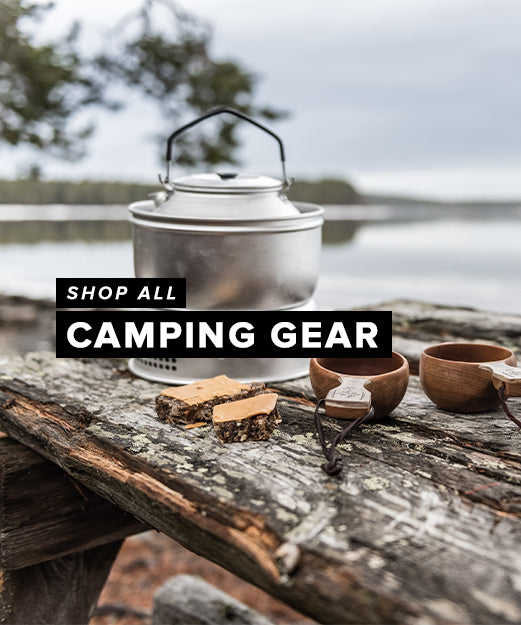A Guide To Fishing In Scotland
A coastal country crossed by rivers and dotted with deep lochs, Scotland is well deserving of its reputation as one of the fishing capitals of Europe. Depending on the time of the year, anglers here can expect a bounty of salmon, brown trout, rainbow trout and sea trout. Unsurprisingly, fishing is the country’s most important sport, one that is as important to the locals as it is to the visitors who travel from far and wide.
Although rainbow trout are available all year round, other species are more elusive. For example, salmon are migratory fish, meaning that there is a narrow window during which to cast your line.
Young salmon, which are called ‘fry’ and ‘parr’, live in river streams for the first two to four years of their lives until they come of age, or ‘smolt’. In the spring they head north to the cooler sub-Arctic waters to feed; some travel as far as Greenland. Here they grow to maturity, hunting in large shoals to confuse predators. After up to four years at sea, the salmon then make their way back to their home streams. It is at these times, when the salmon are on the move, that Scotland’s fishing is at its finest.
Fishing seasons vary across Scotland, starting and finishing earlier in the year to the south and later in the Highlands as the salmon move up the country. Celebrated fishing rivers include the Tay, Tweed, Dee and Spey, which filter out to the east coast, and the Solway to the west, famous for its sea trout and large, late-running salmon. Even in Scotland’s major cities such as Edinburgh and Glasgow, numerous lochs and rivers ensure that fishing opportunities are never far away.
For many, however, the Highlands provide the country’s most exceptional fishing, not to mention the most peaceful and undisturbed surroundings in which to enjoy the experience. The north-westerly area of Caithness and Sutherland is abundant in spate rivers and hill lochs, whilst the limestone lochs around Cape Wrath are dazzlingly clear. Here the opportune fisher will catch salmon, sea trout and brown trout on their late summer run.
Because the quality of fishing is so dependent on the time of year, it is advisable to speak to a local tourist information centre or fishing hotel when you plan your trip to make sure you cast your line at the right moment. Observe the local rules – some areas have a catch and release policy, and many prohibit fly fishing on Sundays – and bring a guide with you for safety, particularly in the wild northerly landscapes. Most of all, enjoy the fresh air and adventure that comes with a trip to one of Europe’s fishing capitals.
Victoria Jones is a travel writer who works alongside Altnaharra fishing hotel in the Scottish Highlands (http://www.altnaharra.com/). She recommends fishers to visit during the late summer months for the best run of salmon, sea and brown trout.
 NEW!! Free UK Delivery
NEW!! Free UK Delivery Hassle-Free Returns
Hassle-Free Returns Clearpay
Clearpay









